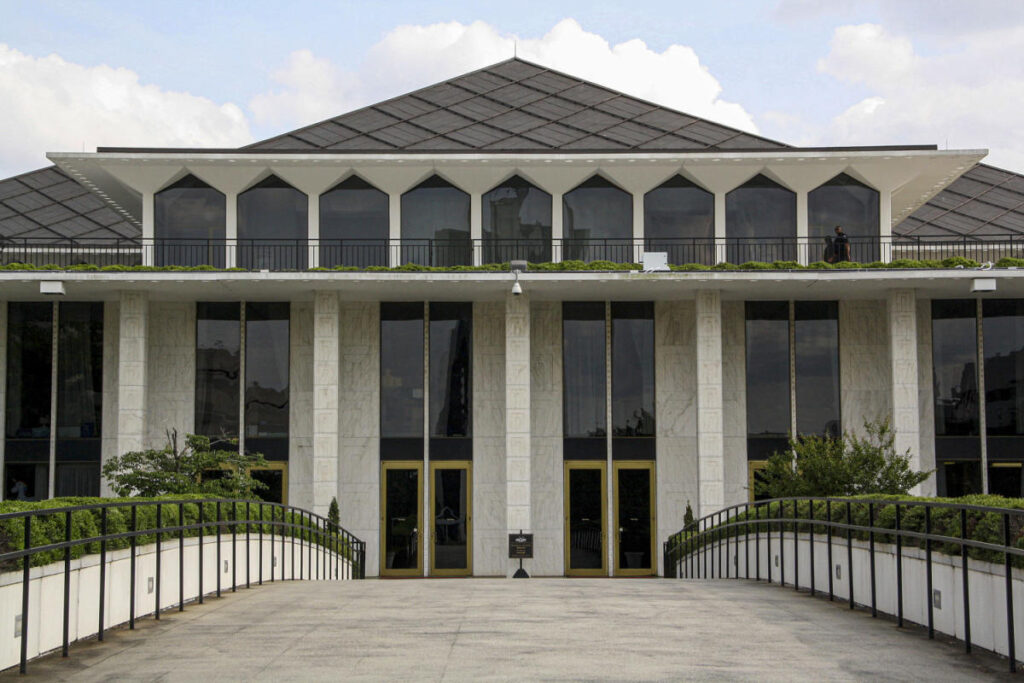As the presidential election approaches, state election officials are bracing for the potential chaos that may follow a closely contested outcome. The processes following Election Day include the certification of results by state officials, the possibility of recounts, and the formal casting of Electoral College votes by electors on December 17. These events, while routine in nature, have become increasingly fraught with tension in the wake of the January 6, 2021, Capitol riots. Concerns now abound regarding security, particularly the fear that former President Donald Trump might dispute the election results once again, which could lead to engagements such as the submission of alternate slates of electors and civil unrest during and after these critical meetings. The anticipation of threats has prompted federal officials to bolster security in Washington, D.C., echoing alarms raised by state officials across battleground regions.
State officials, particularly in contentious states, are taking proactive measures to anticipate potential disruptions at these elector meetings. There’s a clear acknowledgment of the lessons learned from the January 6 insurrection; officials are not underestimating the situation. For instance, North Carolina Secretary of State Elaine Marshall emphasized the need for vigilance, stating that one should consider the possibility of “desperate people doing desperate things” in such charged circumstances. Interviews with officials from other key battleground states reveal a shared commitment to preparing for the worst while hoping for peace; however, most are reticent about specific plans to maintain confidentiality and security. General strategies include collaborating closely with local, state, and federal law enforcement agencies to develop comprehensive security protocols.
In Arizona, officials are preparing for the elector meeting to take place in a responsive and secure environment. Arizona Secretary of State Adrian Fontes mentioned that the meeting must occur on December 17, aligning with federal requirements, but noted that the location is flexible if safety concerns arise. The emphasis placed on adaptability reflects a broader strategy of ensuring all necessary arrangements are lined up to facilitate the electors’ duties safely. Meanwhile, in Georgia, despite state law mandating that electors meet at the Capitol, officials are maintaining heightened security protocols, including a systematic arrangement of Capitol Police and other protective measures. Thus far, there hasn’t been a significant call for additional security, but officials remain alert to escalating tensions.
In Michigan, where state law similarly requires that electors meet specifically in the Capitol’s Senate chamber, there seems to be less flexibility to change venues. Officials are collaborating with law enforcement to promote safety at what is expected to be a high-stakes event. Efforts are being made to determine the security measures necessary to protect the electoral process. Nevada presents a slightly more flexible situation, wherein the law permits varied venues for the meeting. Officials are still solidifying plans, considering both in-person and virtual options, which indicates a keen awareness of potential disruptions given the current political climate.
Northern states such as Pennsylvania and Wisconsin face identical statutory obligations regarding the meeting of electors. Pennsylvania’s law necessitates that electors convene at the Capitol at noon on December 17, with officials asserting their commitment to security without divulging specific contingency measures. Meanwhile, Wisconsin’s situation mirrors this sentiment, as state law mandates a similar timeframe and location for the electors. However, neither Wisconsin’s leadership nor election officials have provided insight into how they intend to navigate potential threats related to the meeting, thereby leaving some uncertainty about their preparations.
Overall, the discussions surrounding the upcoming elector meetings are reflective of the heightened anxiety surrounding the electoral process following the unrest of the previous election cycle. Each state is grappling with its unique legal frameworks and safety considerations while sharing a collective concern regarding the stability and integrity of the electoral process. As state officials focus on ensuring a secure environment for the meeting of electors, they remain acutely aware of the imperative to uphold public trust in the electoral system. The combination of meticulous planning and strategic adaptability is essential as the nation moves closer to what may be a pivotal moment in its democratic process.

